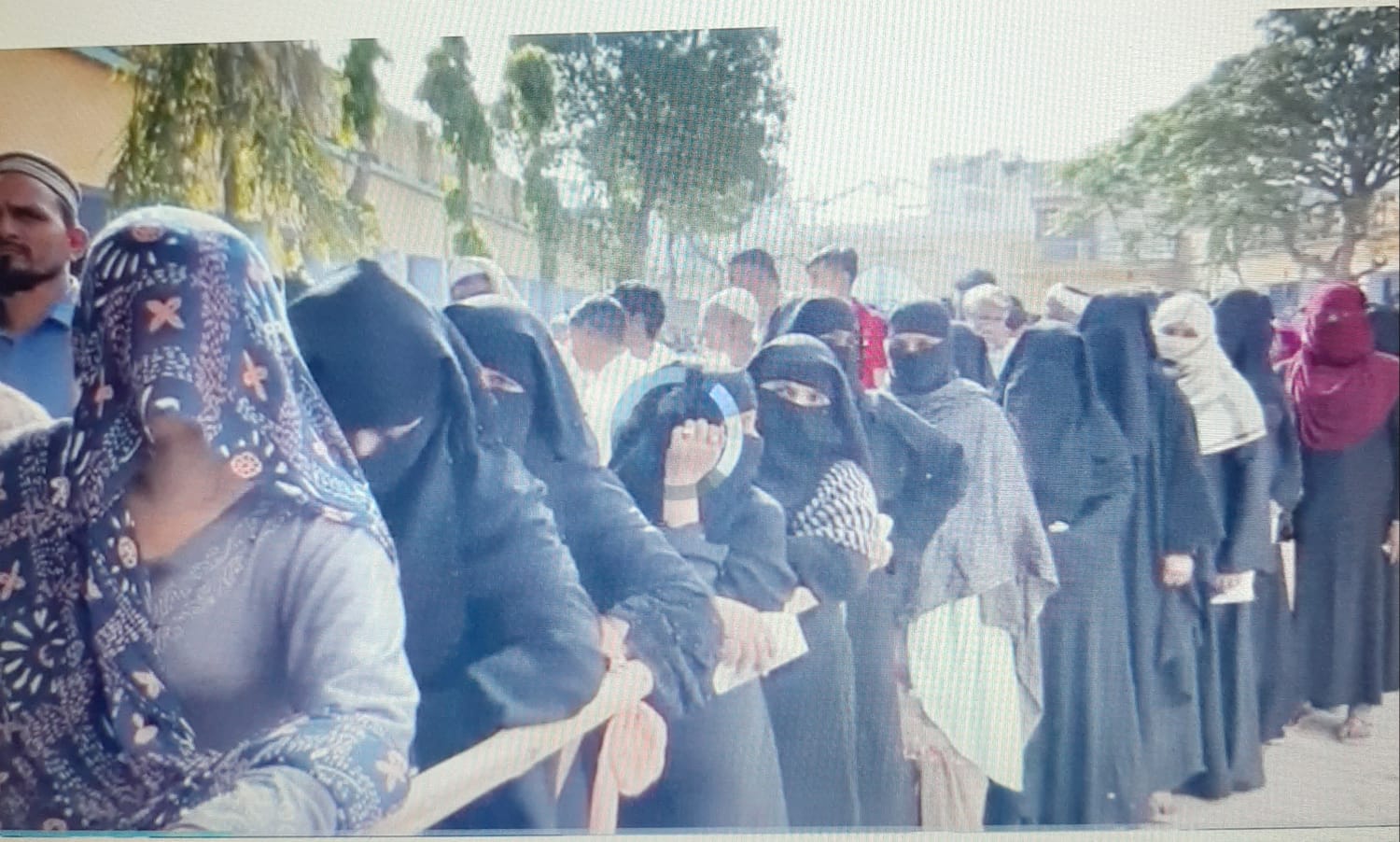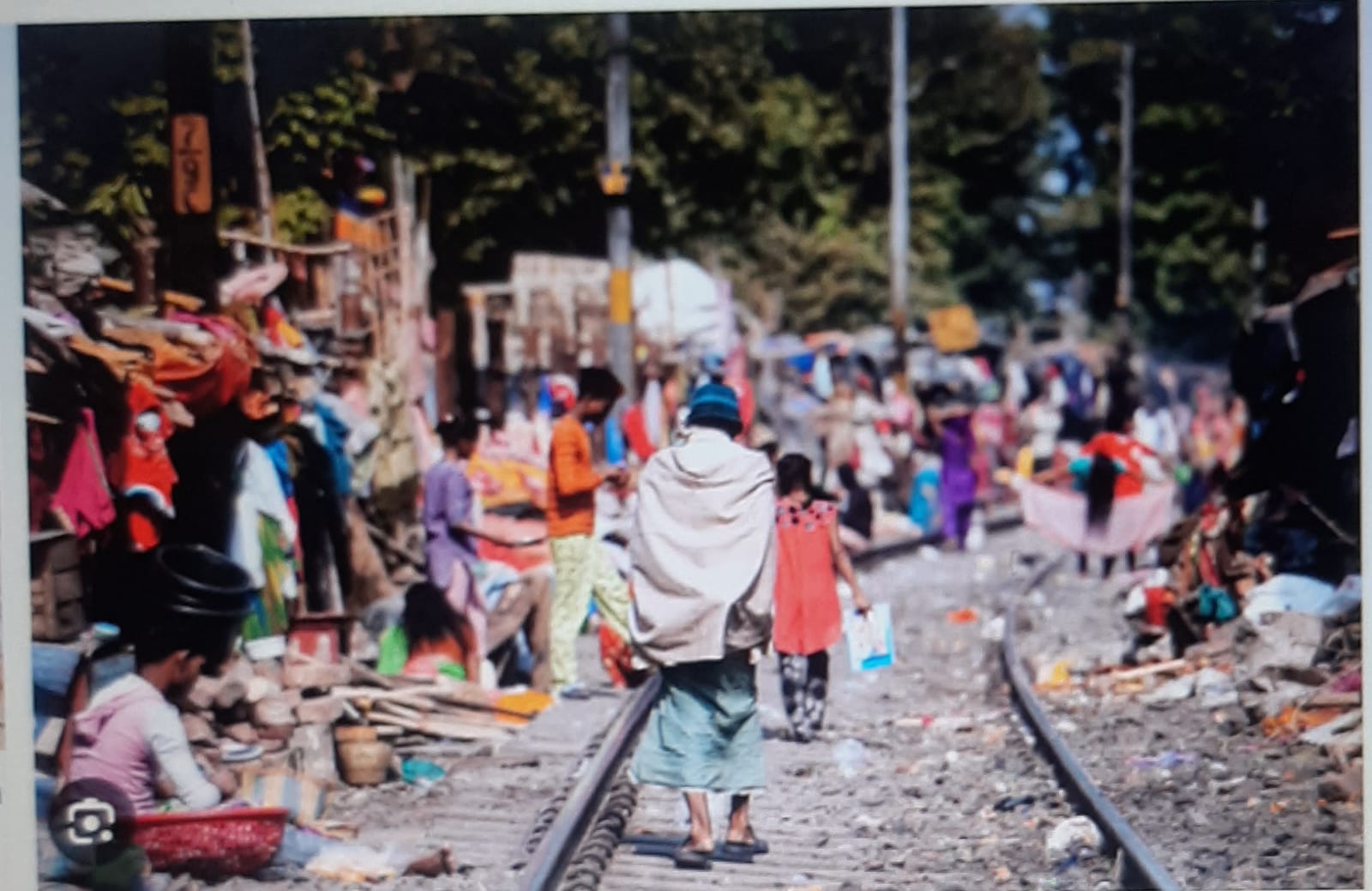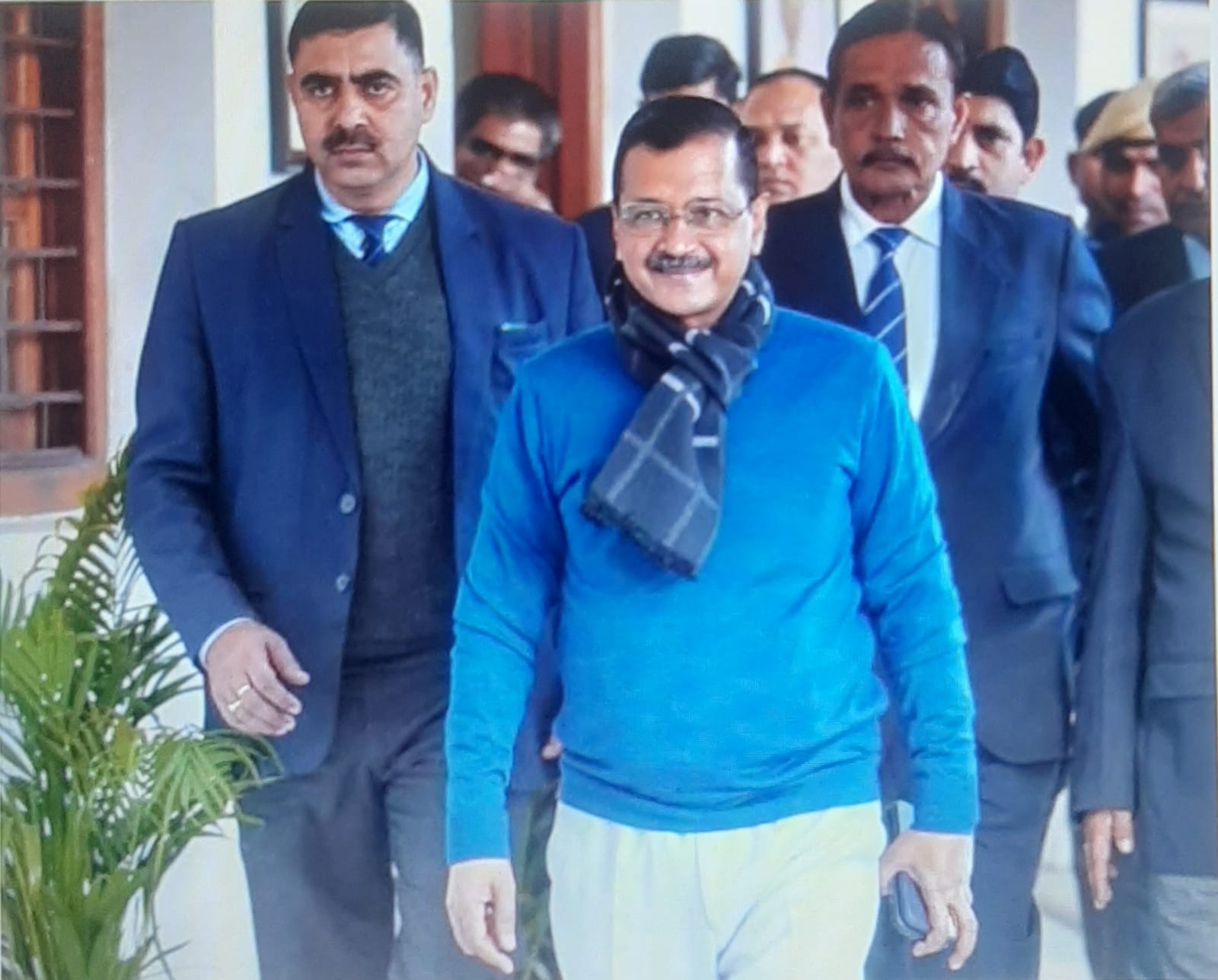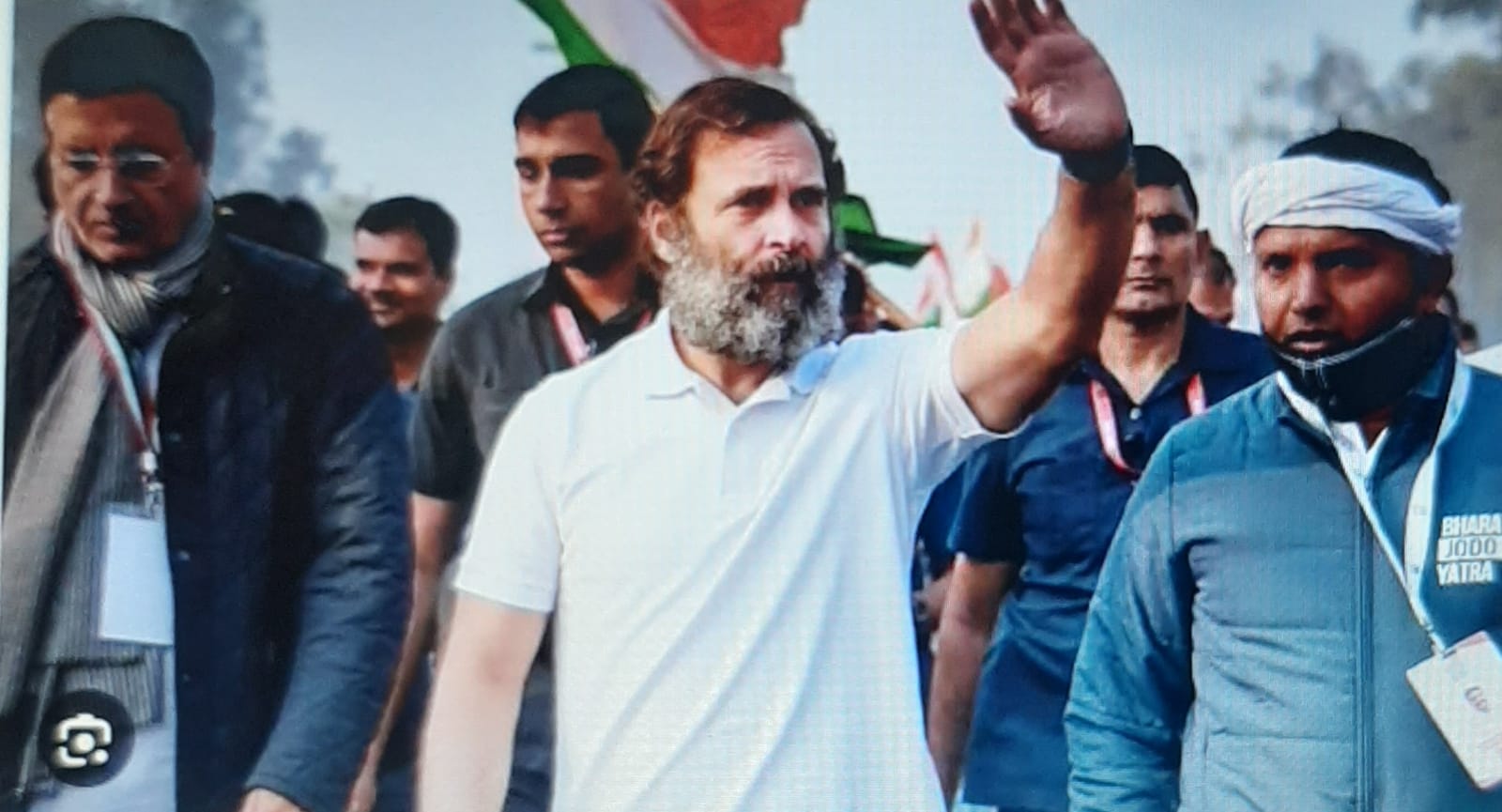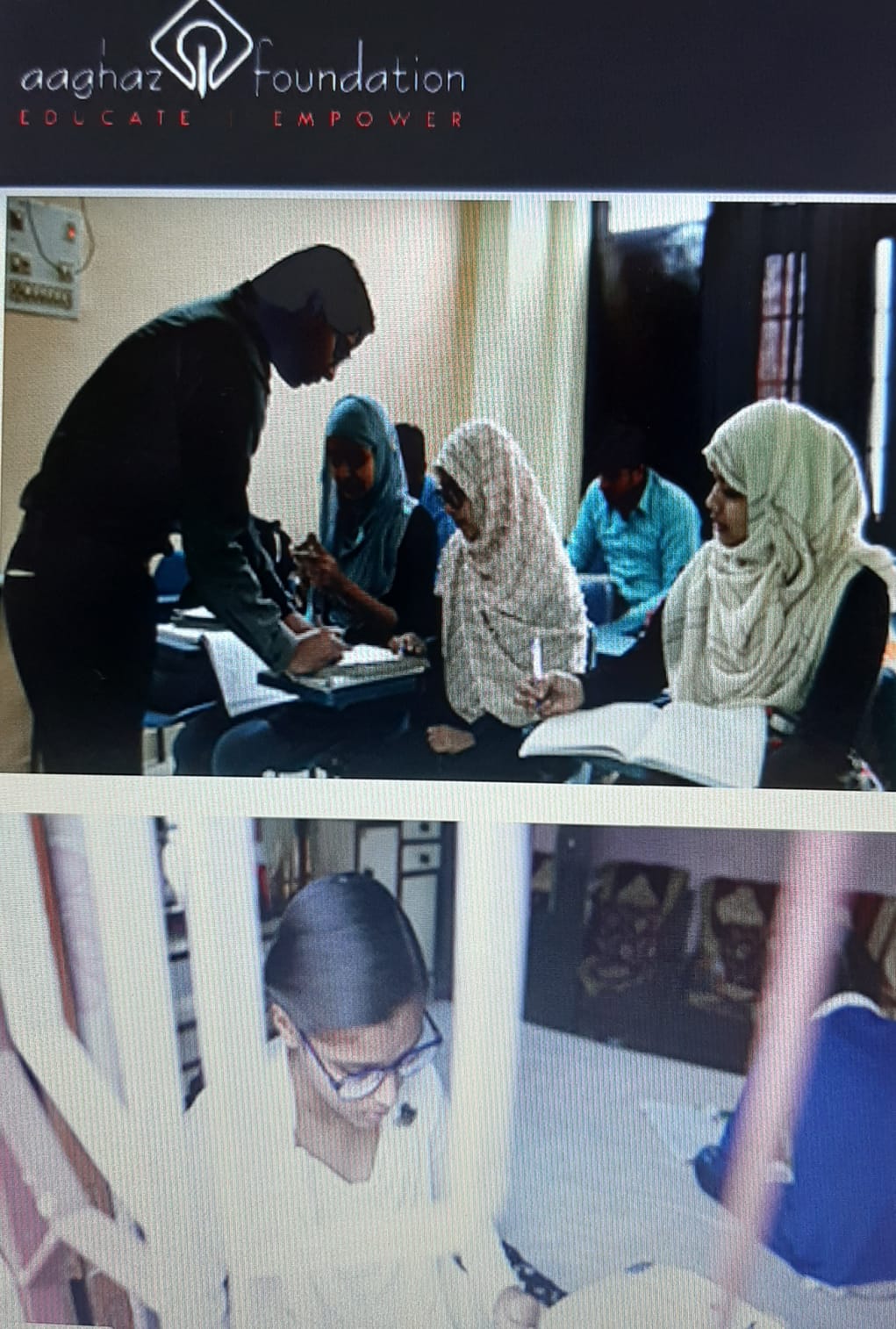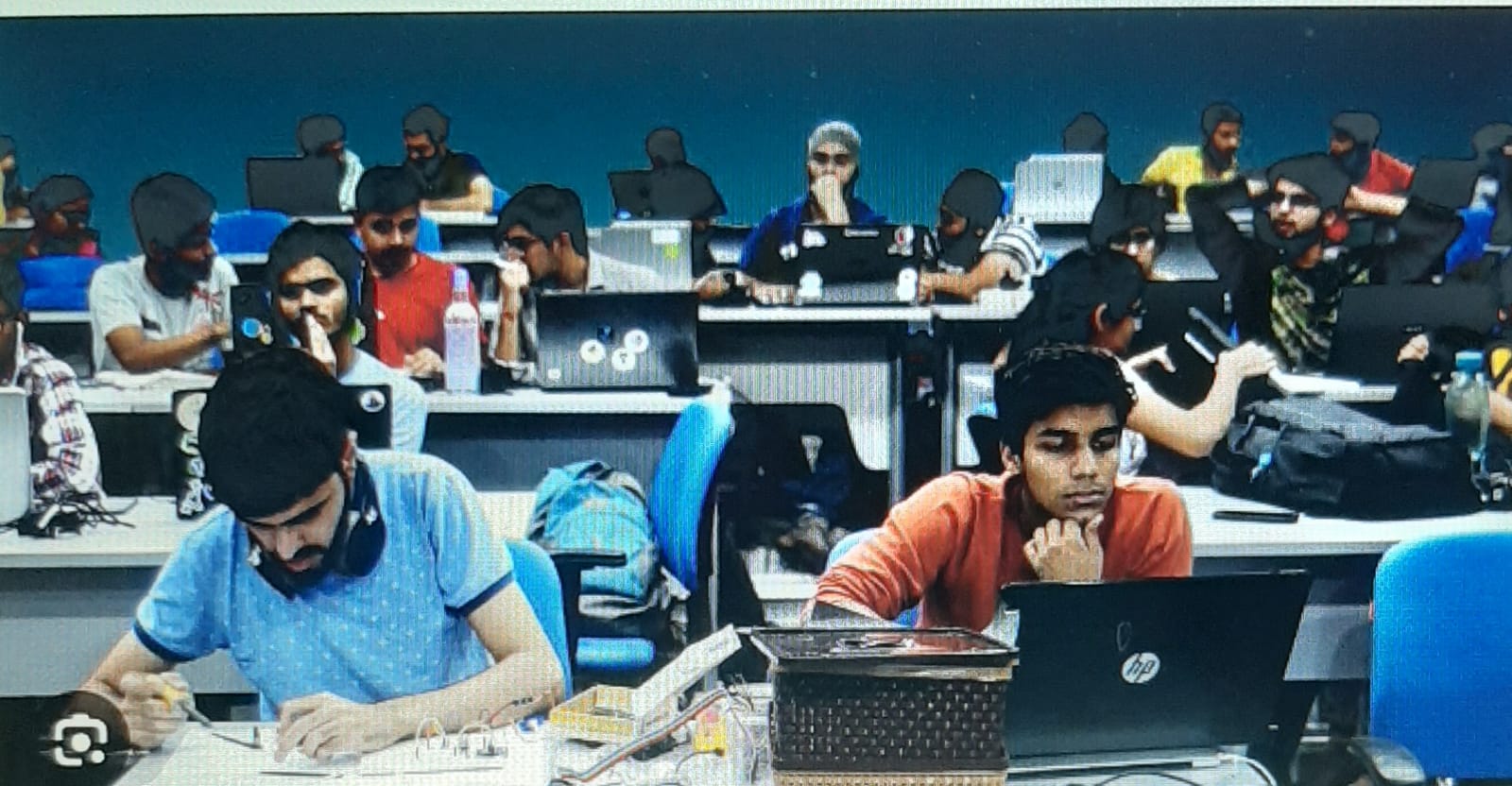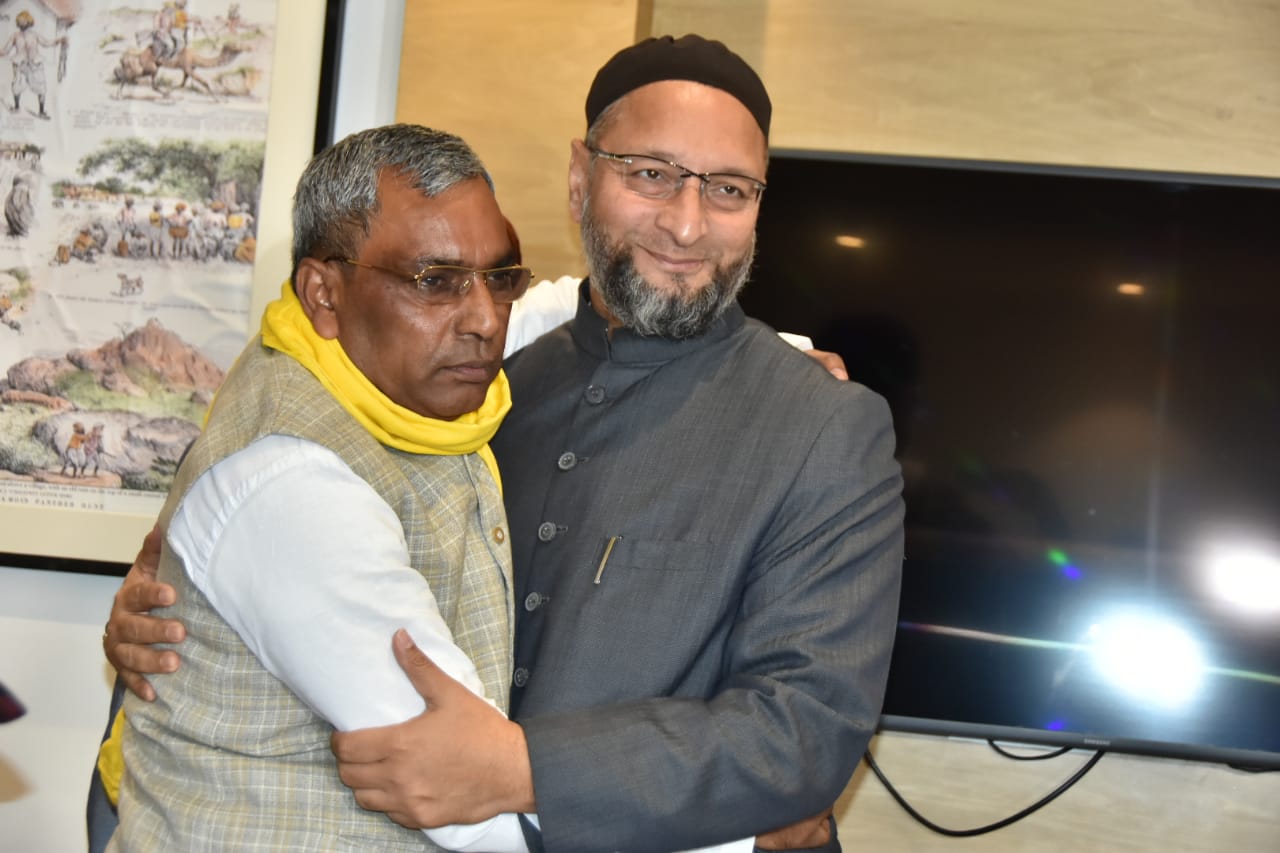
M Hasan
Lucknow, December 19: With UP election year-2021- fast approaching smaller parties have once again started to clutter political space in the state. Even though the scene is no different from 2017 UP assembly election when as many parties had joined the fray, now efforts are being made to cobble up alliance of smaller parties to demonstrate a united fight and also gain strength to bargain with major opposition parties- Samajwadi Party, Bahujan Samaj Party and Congress.
While Aam Admi Party (AAP) has announced its resolve to contest maximum number of seats, Hyderabad’s AIMIM has now joined hands with unpredictable Om Prakash Rajbhar’s Suheldev Baharatiya Samaj Party (SBSP). Rajbhar had also earlier met Akhilesh Yadav to strike deal with SP. Moves are afoot to bring Pragatisheel Samajwadi Party (Lohia) of Shivpal Yadav and Peace Party of Dr Ayub on board.
However, if we look back on Bihar assembly election where three smaller parties- AIMIM, BSP and Rashtriya Lok Samta Party (RLSP) of Upendra Kushwaha electoral gains were hardly significant. The AIMIM had won five seats in Muslim dominated areas and BSP had to console itself with just one seats, which indicated that people largely ignored or did not take the formation seriously. But in some areas these parties had been able to divide the anti-NDA votes to damage the prospects of Rashtriya Janata Dal-Congress-Left alliance.

Now similar strategy seems to be in play for 2022 UP assembly poll. As of now any type of alliance between BSP, SP and Congress appears to be farfetched as past experience of alliance in these parties had not been very encouraging. While in 2017 SP had tied up with Congress, in 2019 Lok Sabha election Mayawati, forgetting wounds of her 1993 VIP guest house attack, had joined hand with Akhilesh Yadav. BSP from zero in 2014 won 10 seats in 2019 but alliance did not help SP which stuck to five seats. These three parties during previous alliances have experienced that there was no convergence of workers at the ground level which resulted in benefitting the BJP.
In the highly caste-based UP political scenario AIMIM- RLSP or some other parties grassroot situation is piquant. Rajbhar has concentration in some districts of east UP with his own community, while MIM would try to lure Muslim community which is maintaining stoic silence on political issues for last few years. Whether Muslims trust Asaduddin Owaisi or just see him as simply “vote-cutter” like in 2017 is a major question. Similarly, with all his efforts Rajbhar, who had contested in alliance with BJP in 2017, could win four assembly seats. AAP had contested in 2017 but there was no success. AAP doesnot have any caste support in the state where political survival is far-fetched without support of a caste. After Delhi communal riots, following CAA protests its stock is already low in the Muslim community.
Even though Opposition parties have been raising voice against BJP government over its performance and now farmers issue had come to the forefront anti-incumbency doesnot appear to be as glaring or strong as it was against Mayawati (2012) or Akhilesh Yadav (2017). Moreover, the alliance of smaller parties will add woes to major opposition parties by further splitting anti-BJP votes to go in block to one party. Thus, more than opposition these smaller parties’ alliance would suit the BJP. For this reason the Opposition (SP, BSP, Congress) is maintaining silence on the issue.


